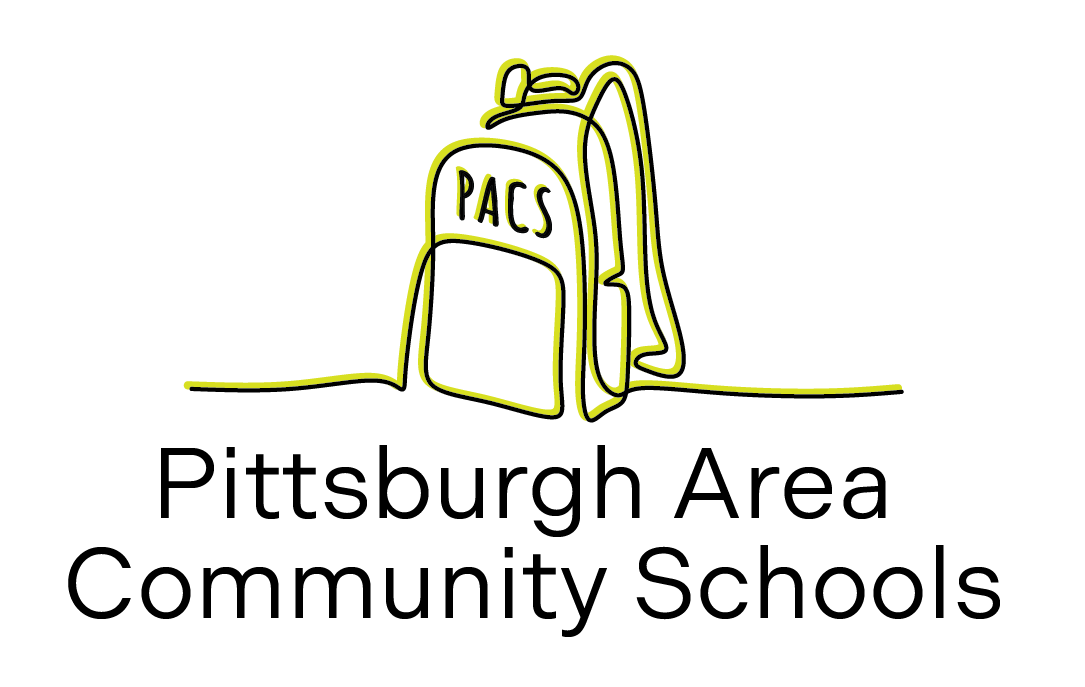What is a Full-Service Community School?
What is a Full-Service Community School?
At the beginning of 2023, Pittsburgh Area Community Schools was awarded a Full-Service Community School grant from the U.S. Department of Education that amounts to $8.5M over five years.
But what exactly is a Full-Service Community School?
The Full-Service Community School program is funded under the Fund for the Improvement of Education, which supports nationally significant programs to improve the quality of elementary and secondary education at the state and local levels.
According to the U.S. Department of Education, Full-Service Community Schools provide comprehensive academic, social and health services for students, their families, and community members that result in improved educational outcomes for children. The Full-Service Community School program encourages partnerships among public elementary and secondary schools, the schools’ local educational agencies, community-based organizations, nonprofits and other public or private entities.
How does Pittsburgh Area Community Schools implement the Full-Service Community School model in its schools?
A successful community school strategy creates a support network, in school and beyond, to help break down barriers students face that limit academic performance, providing basic needs like food and clothing, trauma support, mentoring, and other community engagement.
Pittsburgh Area Community Schools aimed to create a program to improve student outcomes around attendance, behavior, and course performance, enhance student enrichment opportunities, improve school climate, support collaborative leadership, improve the quality and availability of workforce development and employment opportunities, and more.
Pittsburgh Area Community School’s Full-Service Community School principles are broken down into four pillars:
Pillar 1: Integrated Student Supports
A dedicated staff member coordinates support programs to address out-of-school learning barriers for students and families.
Pillar 2: Expanded & Enriched Learning Time Opportunities
Enrichment activities emphasize real-world learning and community problem-solving. During and after school, weekend and summer programs provide academic instruction and individualized support.
Pillar 3: Active Family & Community Engagement
Promoting interaction among families, administration, and teachers helps families to be more involved in the decisions about their children’s education. Schools function as neighborhood hubs. Educational opportunities exist for adults, and family members can share their stories and be equal partners in promoting student success.
Pillar 4: Collaborative Leadership
Parents, students, teachers, principals, and community partners build a culture of professional learning, collective trust, and shared responsibility using strategies such as site-based leadership teams and teacher-learning communities.
